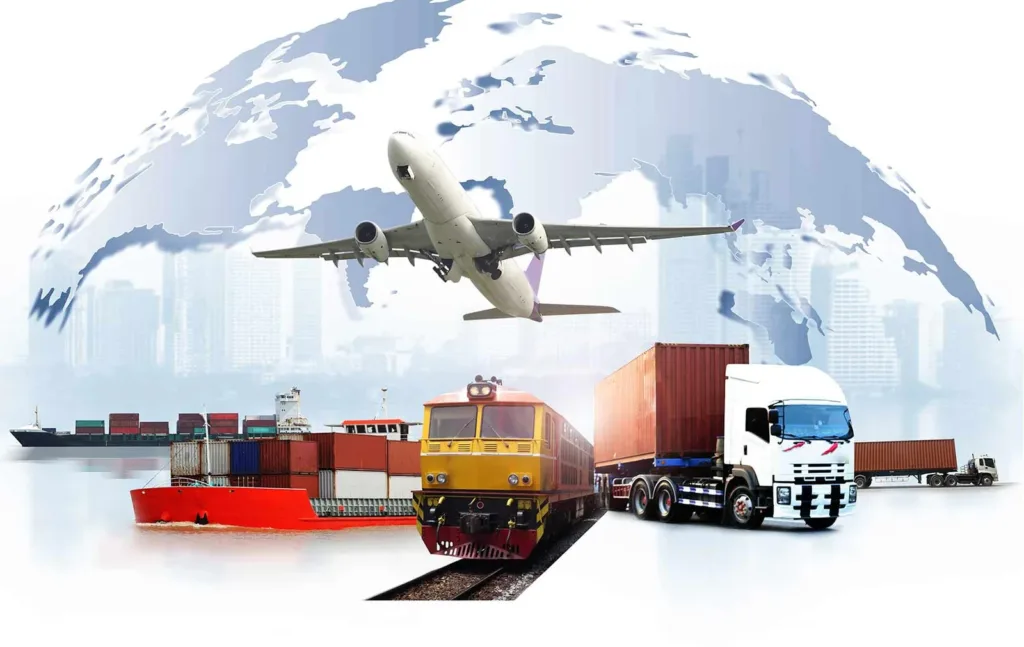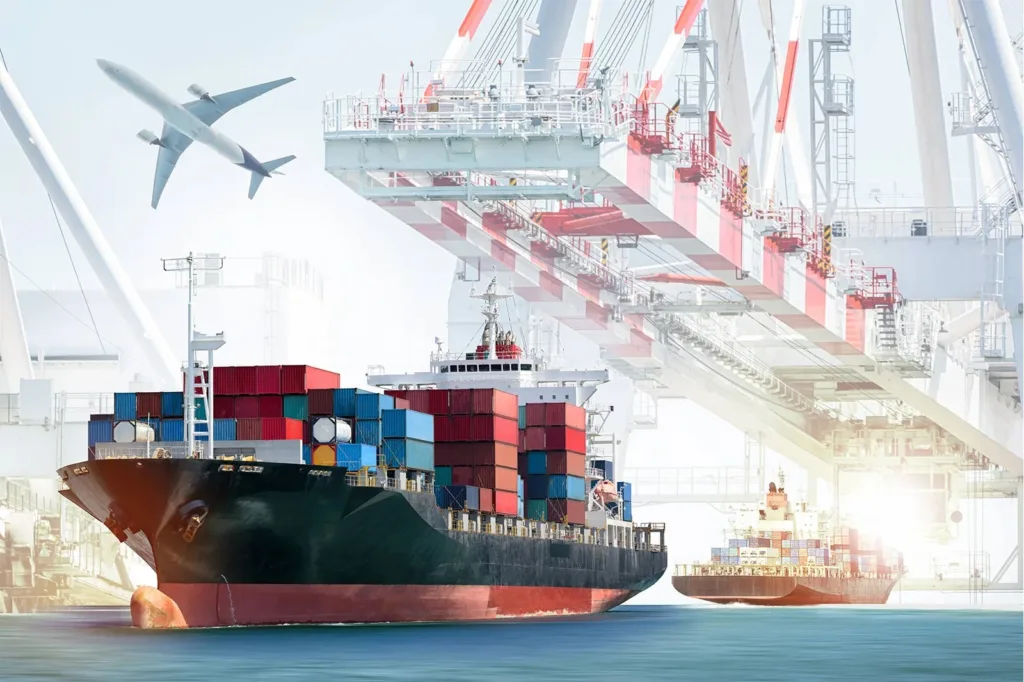Advantages and Challenges of DDP Transport Protocol
In the complex maze of international trade, transportation agreements play a vital role, and the most eye-catching one is the DDP (Delivered Duty Paid) clause. As a provision in Incoterms, the DDP agreement gives the seller almost all responsibilities and risks until the goods arrive at the destination designated by the buyer, and all import procedures are completed and all relevant taxes and fees are paid. This unique arrangement brings both significant advantages and potential challenges. This article aims to deeply explore the two-sided nature of the DDP transport protocol and analyze its advantages and disadvantages in practical applications.

Advantages of DDP Shipping Protocol
Buyer convenience and low risk
Under DDP terms, the buyer’s burden is greatly reduced. The seller bears all transportation costs and insurance costs from the origin to the destination, as well as all customs duties, VAT and other import charges in the destination country. For buyers, this means there is no need to worry about complex customs clearance processes and complicated tax calculations, which greatly simplifies the import process and reduces potential risks caused by unfamiliarity with local regulations. It is especially suitable for buyers who are involved in international trade for the first time. Homes or businesses looking to simplify supply chain management.
Transaction certainty and transparency
The DDP agreement ensures complete transparency of the cost of goods. Buyers can clearly know the final cost of goods arriving at the designated location when the contract is signed, avoiding subsequent budget overruns due to additional taxes and fees. This kind of certainty is conducive to accurate budgeting by buyers and sellers, and promotes the smooth progress of transactions. It is especially suitable for long-term contracts or project-type transactions, and helps to build trust and stable cooperation between both parties.
Improve market competitiveness
For sellers, offering DDP terms can serve as a market advantage, especially in highly competitive international markets. By taking on more responsibilities, sellers can demonstrate their strong supply chain management capabilities and high level of commitment to their customers, thereby attracting buyers looking for worry-free logistics solutions, especially those with high logistics complexity or cumbersome import procedures. nation.
Challenges of DDP Transport Protocol

High costs and concentrated risks
Under DDP conditions, the costs faced by the seller are not only the cost of the goods themselves plus transportation costs, but also various taxes and unpredictable additional costs in the destination country, such as port demurrage, special commodity inspection fees, etc. These additional costs can be very high and difficult to predict accurately, resulting in significant financial risk for the seller. In addition, sellers also need to have an in-depth understanding of the laws and tax policies of the destination country, otherwise they may easily fall into compliance difficulties.
Customs clearance complexities and risk of delays
Although DDP seems to save buyers the trouble of customs clearance, in fact, the seller needs to manage the customs clearance process from a distance, which not only requires professional knowledge and experience, but may also encounter information asymmetry, document errors or local policy changes. challenges, resulting in delayed delivery of goods or incurring additional charges. In addition, some countries have set many restrictions on foreign companies to handle customs clearance locally, making the operation more difficult.
The complexity of supply chain management
Since the seller is responsible for the entire transportation of goods until final delivery, this requires it to have a strong global logistics network and efficient supply chain management capabilities. Especially in the case of multimodal transport, coordinating different carriers and dealing with various problems during the transshipment process puts extremely high demands on the seller’s logistics resources and management capabilities.
DDP Shipping application considerations in specific industries and markets

DDP adaptability to specific industries
High-tech and precision instrument industry: The products in this industry are often of high value and have strict requirements on transportation conditions. The DDP agreement can ensure that the seller controls the entire logistics chain, reduces risks during transportation, and ensures that products arrive safely and on time. It is especially suitable for precision instruments and electronic equipment that require professional packaging, temperature-controlled transportation, and precise tracking.
Fast moving consumer goods industry: The supply chain of fast moving consumer goods requires efficiency and responsiveness. Under the DDP model, the seller is responsible for all logistics links and can adjust supply chain strategies more flexibly and respond quickly to changes in market demand. This is especially important for goods with strong seasonality and fast inventory turnover.
Cross-border e-commerce: In the field of cross-border e-commerce, DDP can greatly simplify consumers’ purchasing process and improve the shopping experience. It is especially suitable for direct mail services of small packages. But it also requires e-commerce platforms or sellers to have the professional ability to handle cross-border customs clearance, as well as an in-depth understanding of the regulations of the target market.
DDP in region-specific challenges
Emerging markets: In some emerging economies or areas where regulations are unclear, the implementation of DDP may encounter greater challenges, such as corruption risks, frequent policy changes, and insufficient infrastructure. Before implementing DDP in these markets, sellers must conduct a comprehensive risk assessment and formulate corresponding risk management strategies.
High-tariff countries: For some countries that impose high tariffs on imported goods, DDP clauses may lead to a significant increase in sellers’ costs and affect product competitiveness. At this time, both parties need to weigh the pros and cons and consider whether to adopt other more suitable trade terms.
DDP’s legal and tax strategy
Tax planning: While sellers bear import taxes and fees, they should also consider how to find room for optimization in the tax systems of different countries, such as using free trade agreements, tax refund policies, etc., to reasonably reduce overall costs.
Risk sharing mechanism: Although in principle, the seller bears all risks in DDP, in practice, both parties can set a specific risk sharing mechanism through contract terms, such as making it clear that additional costs caused by incorrect information provided by the buyer will be borne by the buyer. This balances the interests of both parties.
DDP technology and digital trends
Digital logistics platform: Using advanced logistics management software and blockchain technology, the transparency and efficiency of DDP operations can be improved, information asymmetry issues can be reduced, customs clearance processes can be accelerated, and operational risks can be reduced.
Smart contracts: The introduction of smart contracts into the DDP protocol can automatically execute some contract terms, such as automatically paying taxes and triggering insurance compensation, etc., reducing human errors and enhancing the reliability of contract execution.

